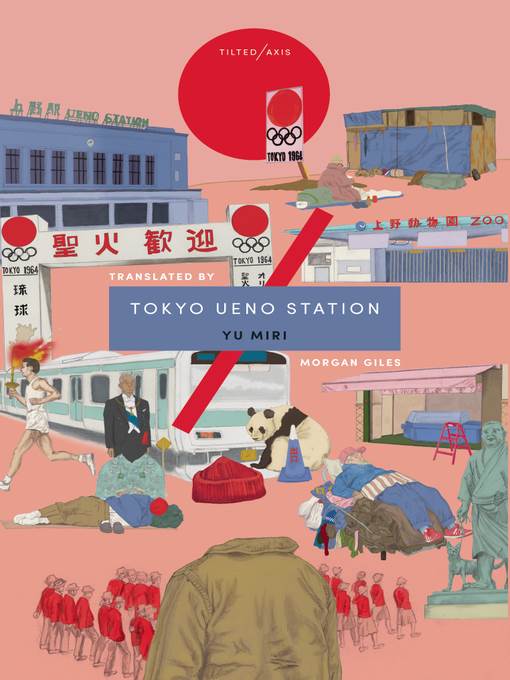
Tokyo Ueno Station
کتاب های مرتبط
- اطلاعات
- نقد و بررسی
- دیدگاه کاربران
نقد و بررسی

Starred review from April 13, 2020
In Yu’s coolly meditative, subtly spectral tale (after Gold Rush), Kazu, a former denizen of a Tokyo tent city, looks mournfully on the past. Kazu lingers around Ueno Park in present-day Tokyo, where he once spent several years camping among the homeless, and spends the days people-watching and reminiscing. He recalls his birth in 1933 in rural Soma; remembers how he sought work for long stretches away from his family, including a grueling stint doing construction work in preparation for the 1964 Tokyo Olympics; and replays his response to the death of his only son at 21, in 1981 (“My shock, my grief, my anger were all so great that crying felt inadequate”), which led him to drift away and spend more time alone in Tokyo. After two decades pass, he winds up living in the park. The banal conversations he overhears in the present from middle-class park visitors clash with the bleak recollections of his perpetual misfortune, along with the fraught history of the park as a mass grave and site of rebellion, details that emerge in Kazu’s remembered conversations with a fellow homeless man. The novel’s melding of memory and observation builds toward Kazu’s temporary eviction from the park in 2006. Yu’s spare, empathetic prose beautifully expresses Kazu’s perspective on the passage of time; he feels a “constant absence from the present, an anger toward the future.” This slim but sprawling tale finds a deeply sympathetic hero in a man who feels displaced and longs for connection after it’s too late.

























دیدگاه کاربران